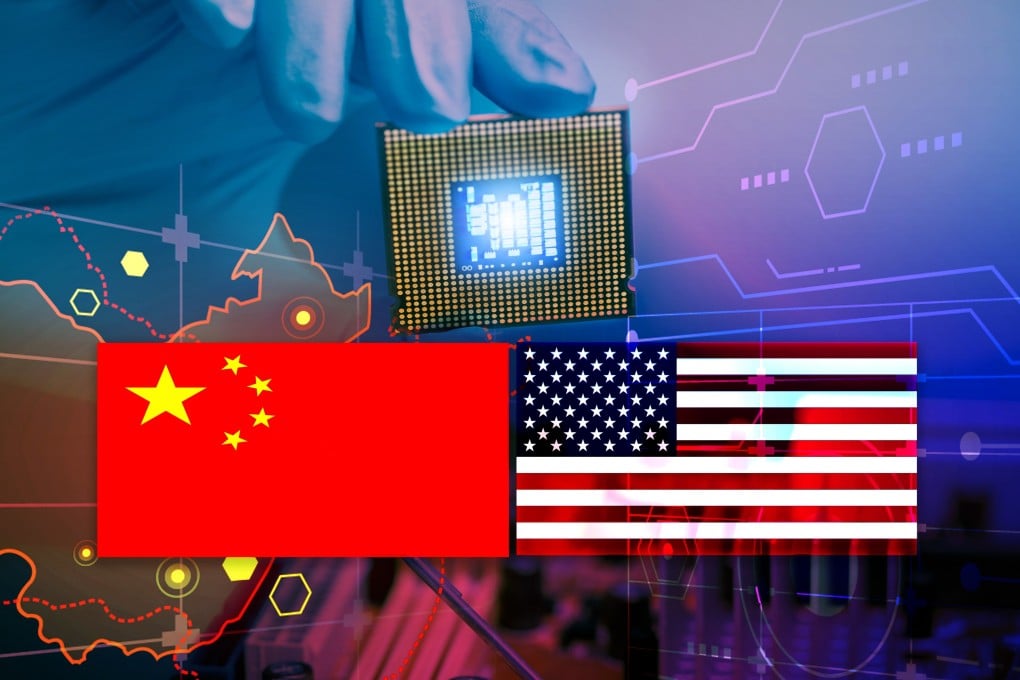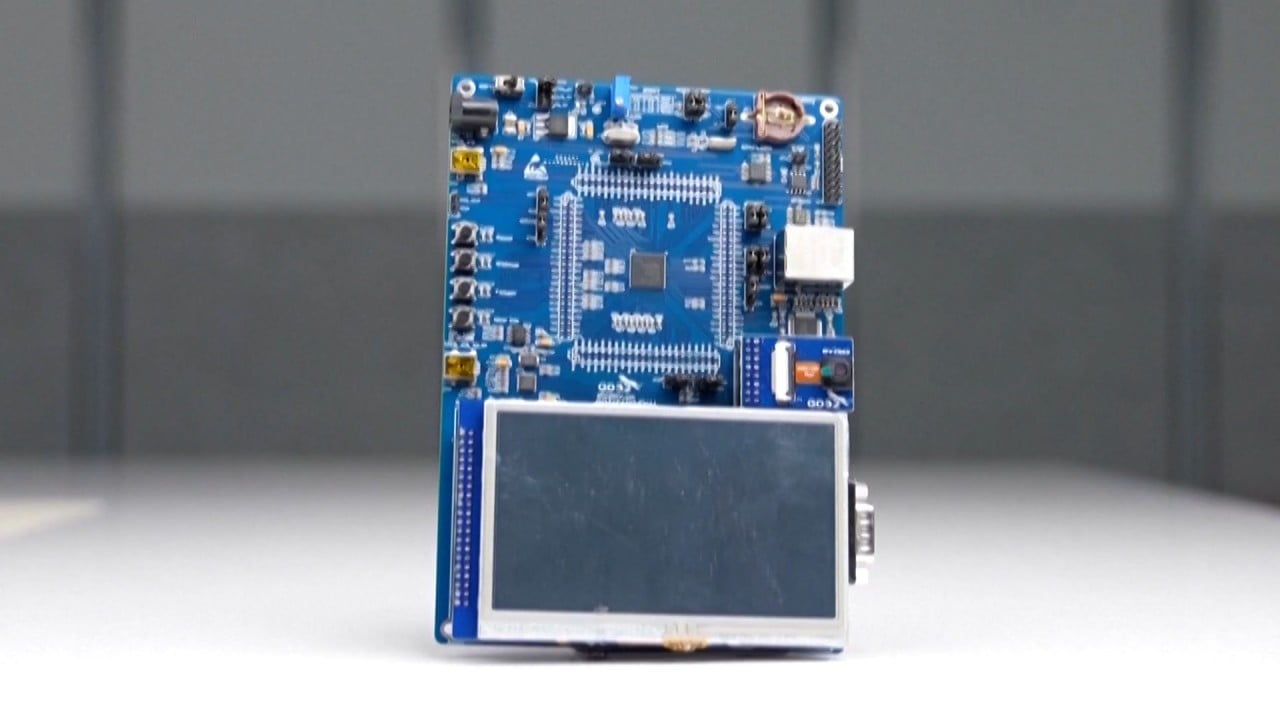Advertisement
Tech war: US trade watch list throws 31 Chinese semiconductor-related entities into uncertainty as harsher sanctions loom
- Further trade restrictions could be on the cards for a number of Chinese semiconductor-related entities recently put on the US Unverified List
- Under updated regulations, Washington may add a number of these Chinese parties to the US trade blacklist to face sanctions
Reading Time:3 minutes
Why you can trust SCMP
20

China’s top memory chip maker and 30 other semiconductor-related companies on the mainland now find themselves between a rock and a hard place, according to industry experts, after Washington put them on the US government’s trade watch list.
State-owned Yangtze Memory Technologies Co and 30 other entities in China’s semiconductor sector were recently added by the Bureau of Industry and Security (BIS), an agency under the US Department of Commerce, to the country’s Unverified List (UVL). Parties whose bona fides have not been substantiated by the BIS are put on this list, which serves as a trade restriction since those on it are ineligible to receive items subject to the US government’s Export Administration Regulations.
Under updated rules announced by the BIS on October 7, UVL parties that fail to provide required data for the agency’s verification process may be added to the US trade blacklist, formally known as the Entity List.
None of the Chinese companies and institutions added to the UVL – including Vital Advanced Materials, Beijing PowerMac Co, the University of the Chinese Academy of Sciences, and the University of Shanghai for Science and Technology – have so far made any public comment on the US action or on what they plan to do next.
Top Chinese semiconductor equipment maker Naura Technology Group, however, reported in a regulatory filing in Shenzhen that its subsidiary, Beijing Naura Magnetoelectric Technology, was on the UVL.
Advertisement
Select Voice
Choose your listening speed
Get through articles 2-3x faster
1.1x
220 WPM
Slow
Normal
Fast
1.1x


